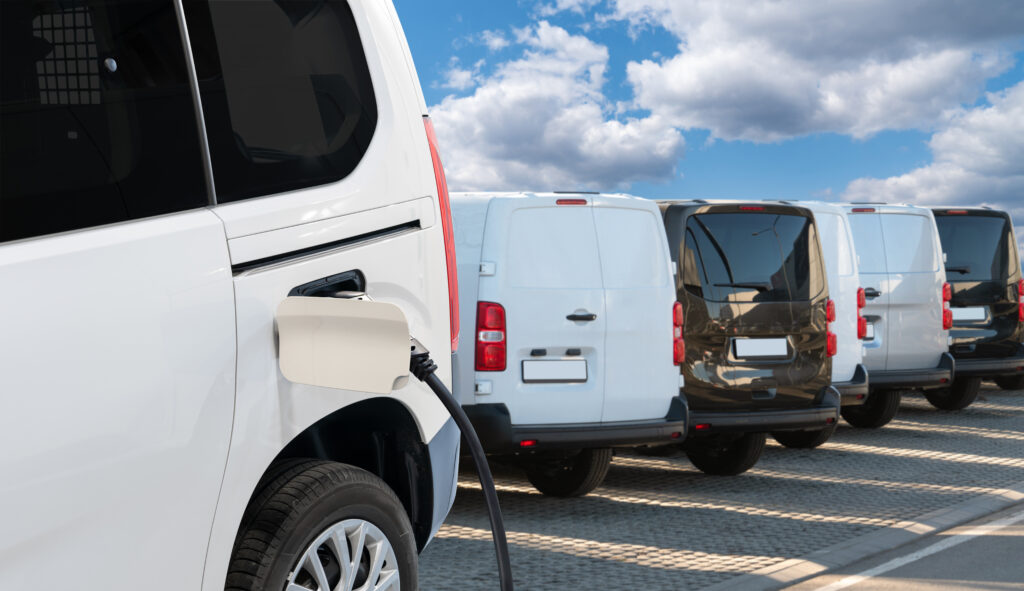How changes to the ZEV mandate can help on the decarbonisation journey
With media headlines stuffed full of tariffs and their impacts on the UK and the world economy, it is perhaps little wonder that the Prime Minister unveiled flexibilities to the Zero Emission Vehicle (ZEV) mandate as a backing to British business. UK vehicle manufacturing certainly needs help faced with 25% tariffs for cars heading to … Continued

